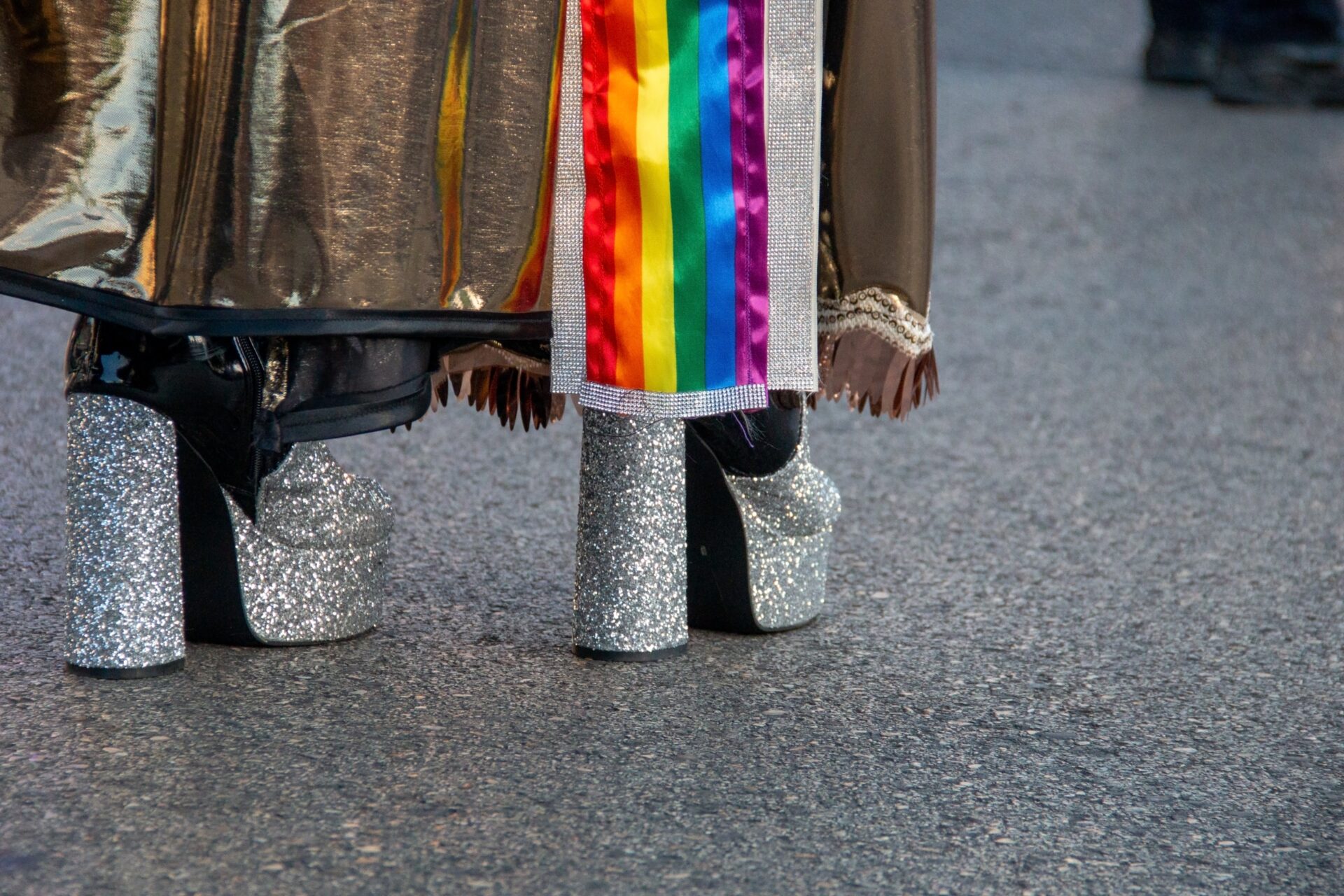Among the many groups that are routinely invited to Washington to observe some special or ceremonial occasion, there have been a significant number of LGBTQ+ influencers.
A trans social media star spent last summer topless at a White House Pride Day. A drag queen who was invited to the White House by President Joe Biden and Vice President Kamala Harris earlier this year has been accused of multiple sex assaults. This itself presents issues for anyone trying to bring high-profile members of the LGBT community into Washington.
None of these incidents were surprising to Hill Democrats who have been dealing with the backlash from right wing rage after driving women, minorities, and LGBT members out of Washington. Drag stars rallied and lobbied to House of Representative lawmakers on a recent “Drag Lobby Day” in the nation’s capital. They particularly lobbied for two pieces of legislation with the group ‘MoveOn Political Action.’
The first bill that MoveOn and their drag queens want to see passed is called “The Equality Act,” which would make “sexual orientation and gender identity” into a protected class.
One of the drag stars, now a lobbyist named “Brigitte Bandit,” spoke with CNN about what they are doing. Brigitte Bandit pointed out that it is even more difficult to feel safe dressing this way. That’s why groups are pushing for a “Trans Bill of Rights” to improve safety and more equal rights.
It is not yet clear which legislators were part of this lobbying effort. While Brigitte Bandit had said both Republicans and Democrats met with the drag queen lobbyists, names were not as widespread.
The “Equality Act” is meant to alter current civil rights laws around sexual orientation and gender identity discrimination in public spaces, services, and federally funded programs. The goal of this legislation is to end discrimination and guarantee lawful protections for all LGBTQ people.
This emphasis on inclusivity and protection for LGBTQ individuals, through the act of lobbying also reveals contrasting responses from both lawmakers – and the general public. The discussion of these bills are just another example of the ever-changing debate surrounding civil rights and what protections should be afforded to members of the LGBTQ community.






